Catégories
Nouveau Blog
What are some Innovative Uses of Sugarcane?
June 16 , 2023Sugarcane, one of the world's most significant crops, is not only a source of sweet delight but also a versatile raw material with a wide range of applications.
As an eco-conscious China manufacturer specializing in bagasse food containers, we understand the value of this renewable resource. In this blog, we will delve into the various uses of sugarcane, with a particular focus on bagasse and its role in sustainable food packaging solutions.
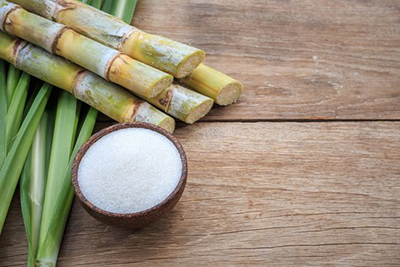
source: Pinterest
The primary use of sugarcane is in the production of sugar. The process begins with the harvesting of mature sugarcane stalks, which are then crushed to extract the juice. The juice undergoes several stages of filtration and clarification to remove impurities. It is then concentrated through evaporation and crystallization to produce raw sugar. Further refinement and processing yield different types of sugar, such as granulated sugar, brown sugar, and powdered sugar. The traditional sugar production industry plays a vital role in meeting global sweetener demands.
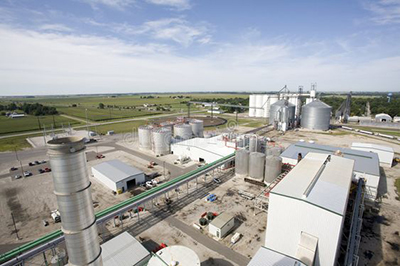
source: Pinterest
Aside from its sweetening properties, sugarcane is a valuable source of bioenergy. By converting the fibrous residue left after sugar extraction, known as bagasse, into biofuels, it becomes an alternative to fossil fuels.
Bagasse can be used to produce ethanol, a renewable biofuel used in transportation and as a clean energy source. The production of sugarcane-based bioethanol has gained traction as a sustainable solution to reduce greenhouse gas emissions and dependence on non-renewable energy sources.
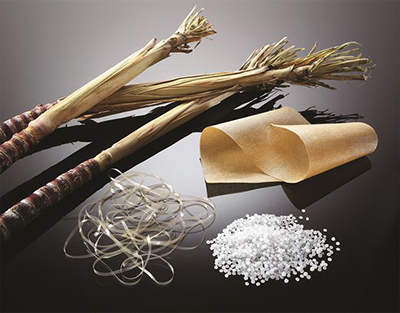
source: Pinterest
Sugarcane fiber has experienced a surge in popularity as a sustainable material within the textile industry. Sugarcane fiber textiles offer innovative and sustainable alternatives in the textile industry. Sugarcane-based fabrics, derived from bio-based polyesters, provide softness, durability, and moisture-wicking properties. They are increasingly utilized in sustainable fashion, reducing the industry's carbon footprint and promoting biodegradability.
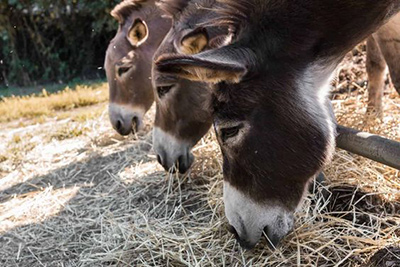
source: Pinterest
Sugarcane is also widely used as animal feed and fodder. The fibrous residue, bagasse, remaining after sugar extraction, can be utilized as livestock feed due to its high cellulose and hemicellulose content.
It serves as a nutritious supplement for livestock, providing energy, fiber, and essential nutrients. Additionally, sugarcane tops and leaves are also used as forage, ensuring efficient utilization of the entire plant.
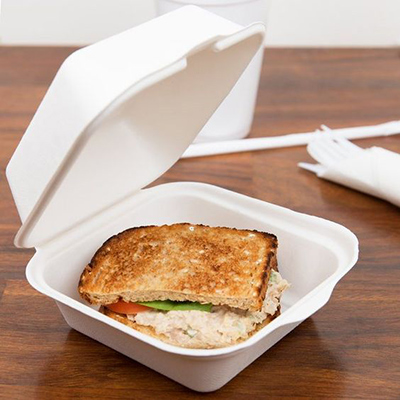
source: Pinterest
Bagasse, the residual material from sugarcane processing, has gained considerable attention as a renewable and sustainable material for various applications.
Here, we will focus on its significance in food packaging solutions:
Bagasse is widely used as a raw material in the production of eco-friendly food containers. As a China manufacturer specializing in bagasse food containers, we recognize the immense potential of this material. Bagasse-based food containers offer numerous advantages over traditional plastic or Styrofoam alternatives.
They are biodegradable, compostable, and free from harmful chemicals, making them an environmentally responsible choice. These containers are suitable for both hot and cold food items, providing excellent insulation and resistance to oil and water.
2) Compostable Packaging
Apart from food containers, bagasse is also used in the production of compostable packaging materials. Compostable plates, bowls, cups, and cutlery made from bagasse offer a sustainable alternative to single-use plastic items. Bagasse-based packaging is an excellent choice for eco-conscious consumers, as it breaks down naturally into organic matter, enriching the soil and contributing to a circular economy.
3) Other Applications
Beyond food packaging, bagasse finds application in the production of paper products, such as tissues, napkins, and paperboards. It is also utilized in the manufacturing of molded products like trays, bowls, and disposable tableware. The versatility of bagasse allows for its transformation into a variety of useful items, reducing dependence on non-renewable resources.
Sugarcane, with its myriad uses, has proven to be an invaluable resource. From the production of sugar and bioenergy to its role in sustainable food packaging, sugarcane continues to make significant contributions to various industries.
As a China manufacturer specializing in bagasse food containers, we have harnessed the potential of bagasse, the fibrous residue of sugarcane, to create sustainable and eco-friendly packaging solutions. By choosing bagasse-based products, individuals and businesses can contribute to the global effort of reducing plastic pollution and creating a more sustainable planet.